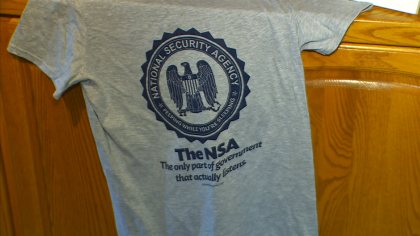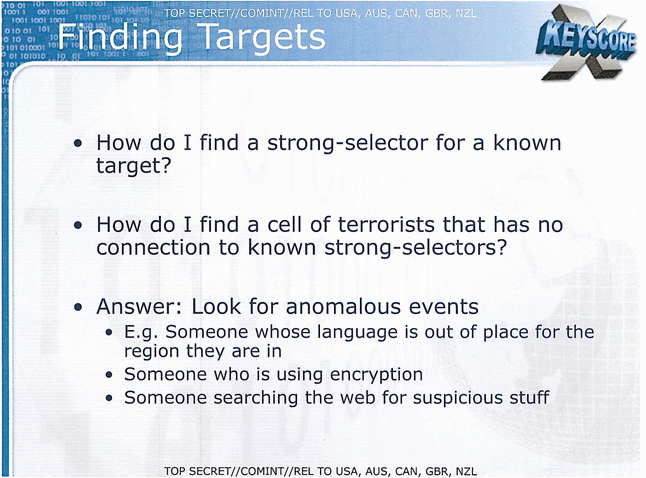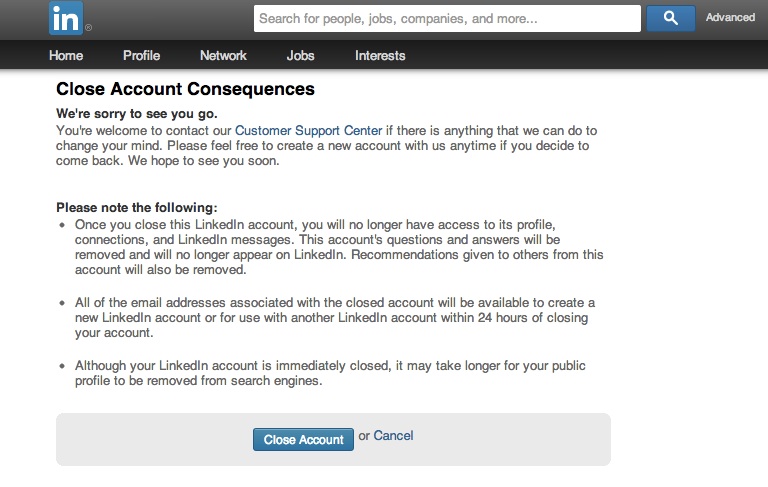The New York Times had a splendid editorial the other day, arguing the case for clemency for Edward Snowden, among other things.
Among the NSA violations unearth by the controversy, the editorial pointed out that the Snowden leaks
“revealed that James Clapper Jr, the director of national intelligence, lied to Congress when testifying in March that the NSA was not collecting data on millions of Americans. (There has been no discussion of punishment for that lie.)”
According to the Guardian_, this prompted Robert Litt, the general counsel to the Office of the Director of National Intelligence, to write to the _Times to deny the allegation. In his letter Litt refers to one of the key Senate advocates of NSA reform, Senator Ron Wyden, and continues:
“Senator Wyden asked about collection of information on Americans during a lengthy and wide-ranging hearing on an entirely different subject. While his staff provided the question the day before, Mr Clapper had not seen it. As a result, as Mr Clapper has explained, he was surprised by the question and focused his mind on the collection of the content of Americans’ communications. In that context, his answer was and is accurate.
“When we pointed out Mr Clapper’s mistake to him, he was surprised and distressed. I spoke with a staffer for Senator Wyden several days later and told him that although Mr Clapper recognized that his testimony was inaccurate, it could not be corrected publicly because the program involved was classified.”
Litt concluded: “This incident shows the difficulty of discussing classified information in an unclassified setting and the danger of inferring a person’s state of mind from extemporaneous answers given under pressure. Indeed, it would have been irrational for Mr. Clapper to lie at this hearing, since every member of the committee was already aware of the program.”
If you wanted a case study in why this kind of surveillance threatens democracy, then this is it.



